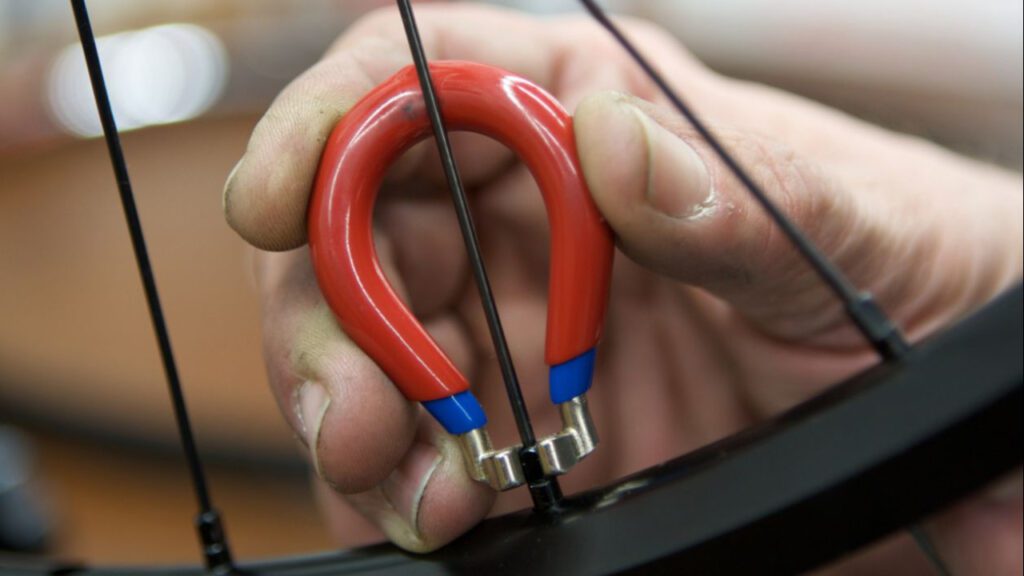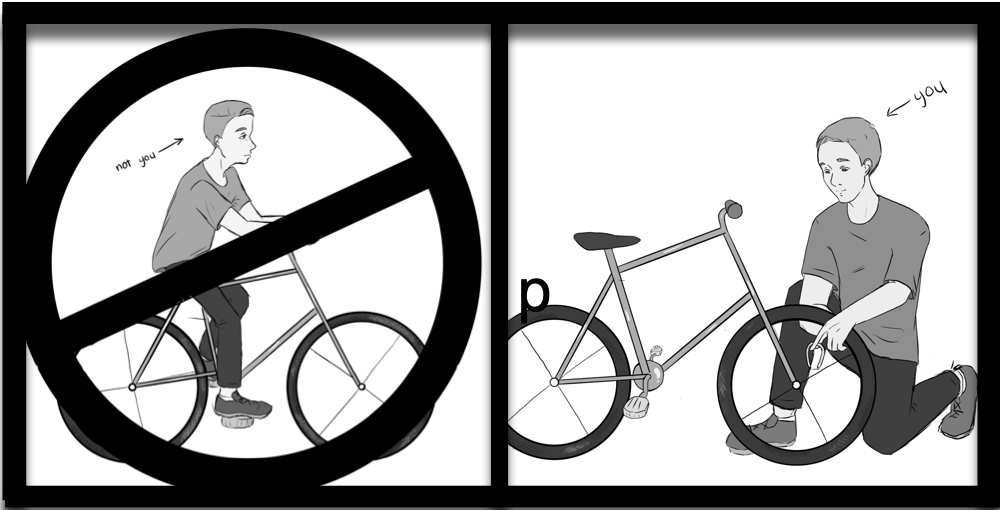
Welcome to Friday 411, issue #012. Facilitating Community can be an exhausting enigma to many leaders. In 4 minutes, with 1 insight and 1 action, you’ll learn where to be positioned to ensure a smooth ride to healthy relationships.
Thriving relationships are essential to every organization. Employees who feel accepted by and connected to the people they work with experience stronger job satisfaction and produce greater results.
But many leaders are confused about what their role within their team’s community should be. How much time, energy, and attention should a leader give to nurturing relational growth?
1 Insight
You as a leader play a crucial role within your team’s community. But your contribution should not be in creating or even leading community. Your role should be indirect rather than direct by establishing and maintaining conditions in which community can roll freely.
There’s a reason we believe that the leader should not be responsible for creating or leading community: the position. Leaders who take authority over their team’s relational growth often run into a wall due to their position.
Instead, allow someone else on your team to direct and implement a strategy to connect workers into a trusted community fueled by support and encouragement.
In other words, climb off the saddle of that bike you’ve been peddling, and turn over the handlebars to another. You have plenty of other “bikes” that require your butt in the seat.
A Leader’s Role in Community: Truing the Wheels
You do have an essential position. One that is just as vital to keeping the bike together and moving.
On the ground, maintaining the wheels.

What is there to do at the wheels? As illustrated below, a bicycle wheel is made up of a hub at the center, surrounded by spokes. The spokes connect to a hoop, called the rim. Spokes pull the rim from both the right and left side, affecting the roundness of the wheel. If the spokes are too loose or too tight, the wheel loses its shape and will no longer roll smoothly. If a bicycle wheel has lost its roundness, it is called “out-of-true.” Wheel truing is the process of using a spoke wrench to change the tension of spokes to improve the roundness or trueness of the wheel.
Leader, when it comes to your team’s community, it is time to hand over the handlebars and pick up a spoke wrench.
Even though your role is indirect rather than direct, if your community is “out of true,” that’s on you. You are responsible for building and stabilizing the structure that makes a healthy and thriving community possible.
To ensure a reliable ride, place and maintain the vision as the hub of the wheels. Without the hub there to connect all the spokes to the center, not only will the wheels fail to move forward. They will fall apart completely.
Each spoke of your wheel represents a mutual commitment that connects the community members. The four spokes are:
- Spoke 1: Safety
- Spoke 2: Trust
- Spoke 3: Individual Growth
- Spoke 4: Collaboration
Spoke 1: Safety
In order to experience continued motivation and growth, humans must feel safe and secure. You as leader are responsible for truing the spoke of safety in your organization. Adjust the tension of the safety spoke for the bike to roll securely.
Safety encompasses more than the physical. Yes, one must feel physically safe in the workplace, trusting that protocols are in place that limit the potential for bodily harm.
But the need for safety also includes emotional safety. Employees must be able to arrive at work each day knowing they will be treated with dignity and respect.
Spoke 2: Trust
Proactive trust-building starts by developing three types of trust in every working relationship.
Type #1: Relational Trust
Relational Trust is essential to any relationship — personal or professional. This is ground-level trust-building where you take an interest in who a person is—what makes them tick, their history, their important people. Develop Relational Trust by getting to know a person’s family, hobbies, motives, and stories.
Type #2: Integrity Trust
Integrity Trust is the confidence you have in a person’s character. It’s a belief in their follow-through—that they will do what they say they will do. You develop Integrity Trust by believing that the person supports the shared vision of the team and will do everything they can to accomplish it.
Type #3: Skill Trust
Skill Trust is the confidence you have in the competencies of each person to do their job. Skill Trust grows when (1) a person demonstrates necessary skills and/or (2) the person has the willingness and ability to learn new skills.
Spoke 3: Individual Growth
Good cooks know the secret to making good food: season every layer. Mixing everything together and seasoning the whole instead of the parts fails to produce as robust a flavor. Seasoning each ingredient produces better results.
Building a community of robust workers requires the same attention as a good recipe. Spend time “seasoning” each individual.
What does the individual need to flourish? Start with five essentials:
- Clear understanding of role—people need to know what they are responsible for.
- Autonomy—people need to feel as if they have power and authority over their own lives.
- Stretch Challenges—people need their potential recognized and to be pushed to reach it.
- Development opportunities—people need outside resources to learn and refine skills.
- Freedom to dream—people need to feel as if they are striving toward a better future.
Spoke 4: Collaboration
Good collaboration happens when everyone knows what the rules are for “playing” together and what each person’s role is.
Think back to life on the playground during your elementary school days. When a classmate proposed a game, what was the first discussion? Ground rules. Funny how we tend to forget this essential step of “playing” together as adults.
At AdVance Leadership, we recommend that leaders establish 7-10 ground rules for your team to play by. These rules govern the way that the team makes decisions and how they treat each other. We call these Team Operating Principles.
Once Team Operating Principles are agreed upon, clarify roles. Relationships will break down if people are unclear about who’s doing what.
1 Action
Take time this week to evaluate your “Community Bike” by answering these three questions:
- Who on your team should be in the saddle of building community?
- How clear is the vision, the hub of your bicycle’s wheels, to everyone within the community?
- Where does “wheel truing” need to take place? Do you need to tighten any of the four spokes to ensure your community is experiencing a steady ride?


